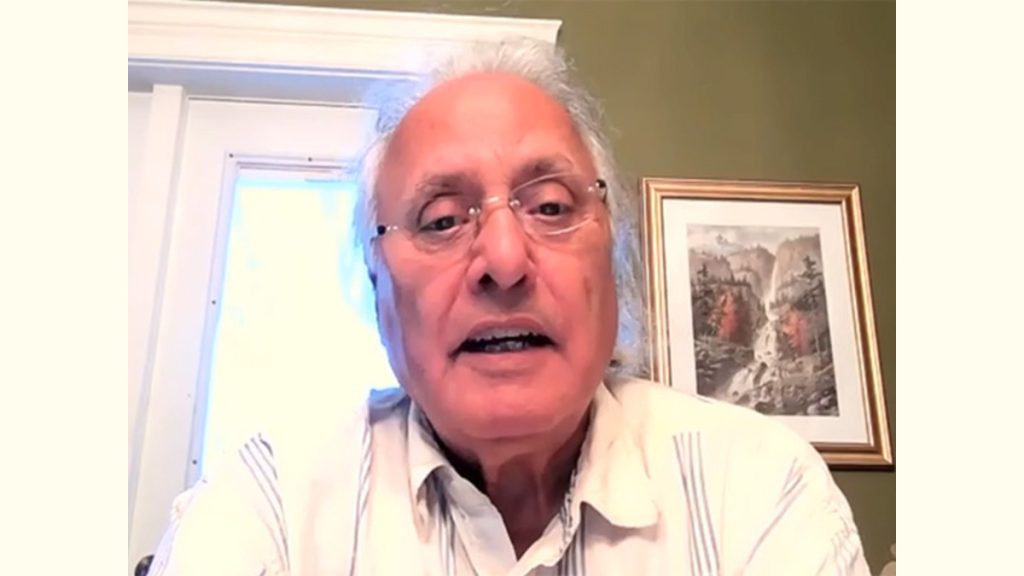Former Canadian Health Minister and anti-extremism advocate Ujjal Dosanjh has said that Prime Minister Narendra Modi’s participation in the G7 Summit—hosted by Canada—marks a key moment to reset strained India-Canada relations amid longstanding tensions over Khalistan-linked extremism.
Dosanjh emphasized India’s ascent as the world’s fourth-largest economy, urging Canada to recognize the strategic importance of engaging constructively with India, despite political disagreements.
“Even before it became the fourth-largest economy, India was seen as indispensable globally. Its growing clout only strengthens the case for deeper cooperation,” Dosanjh said, adding that G7 leaders are aware of this shift and likely advising Canada to take a more pragmatic approach.
Dosanjh was critical of Canada’s tolerance for extremist elements, recalling the 1985 Air India bombing—Canada’s deadliest terrorist attack—as a tragedy borne of inaction.
“That was Canada’s wound. We can’t afford to ignore such threats again,” he said, referring to the lack of timely extradition of Khalistani militant Talwinder Singh Parmar.
He also called out the continued presence of separatist elements in Canadian politics and protests, particularly after Sikh extremist groups demonstrated against Modi’s G7 visit.
“We must protect free speech, but we cannot allow violent extremism to hide behind it,” he stated, referencing the recent assault on journalist Mocha Bezirgan by alleged Khalistani supporters.
Highlighting shared democratic values, Dosanjh urged both countries to pursue diplomacy on multiple fronts—trade, security, and people-to-people ties—even while addressing sensitive issues like extradition.
“India and Canada have an extradition treaty. Progress is slow, but movement has started,” he noted, referencing discussions with former Indian High Commissioner Mr. Verma.
Dosanjh warned of continued Pakistani involvement in fuelling Khalistani unrest, citing historical links and recent protests where Pakistani flags appeared alongside separatist banners.
“This isn’t new. Pakistan has long backed the Khalistan movement. The ISI’s role is visible, and it’s time Canadian leaders stop ignoring it,” he said.
While challenges remain—including tensions after the killing of Hardeep Singh Nijjar—Dosanjh expressed optimism.
“The G7 invitation is a clear signal from PM Carney to reset ties. Now we need sustained, honest dialogue and zero tolerance for those who threaten democracy,” he concluded.
Dosanjh believes that despite past wounds, Canada and India can rebuild a relationship rooted in mutual respect, strategic alignment, and shared democratic principles.
